“If we don’t change the way we produce and use plastics, there will be more plastics than fish in our oceans”: said Frans Timmermans, first Vice-President of the EU Commission. With his usual communicative efficiency he used a clear, straightforward image to explain the meaning and goals of the latest initiative of the executive in Brussels. In fact, citizens of EU28 Countries produce 25 tons of plastic waste every year, but less than 30% is collected for recycling. The rest is disposed in landfills, waste incinerators, or released in the environment. Thus, in order to avoid being engulfed by our plastic waste Europeans must take immediate measures. It’s a continental-scale challenge, compared to which Italian public debate on biodegradable bags – which replace those in plastic in supermarkets’ fruit and vegetable departments – is beyond the deadline, to say the least.
Nature and economy. Against this backdrop the EU Commission has thus adopted, on January 16, a “European strategy” to curb the mounting amount of plastics, at least all plastic considered useless. The initiative “to protect the planet, defend our citizens and empower our industries” is “a part of the transition towards a more circular economy”, that the Commission has been advocating for months. The purpose of the strategy is to protect the environment from plastic pollution whilst “fostering growth and innovation, turning a challenge into a positive agenda for the Future of Europe.”
Mounds of packaging, disposable cups and dishes, bags in all colours and shapes, are part of our daily lives
And they go hand in hand with deep-rooted, widespread habits in the household, in the streets, in shops…. The Commission is well aware that it’s a challenge of huge proportions, which must include awareness-raising campaigns and environmental education programs.
 Improving recyclability and reuse. According to the Commission proposal, due to be examined by Parliament and Council for adoption, “all plastic packaging on the EU market will be recyclable by 2030, the consumption of single-use plastics will be reduced and the intentional use of microplastics will be restricted.” Timmermans remarked: “We must stop plastics getting into our water, our food, and even our bodies. The only long-term solution is to reduce plastic waste by recycling and reusing more. This is a challenge that citizens, industry and governments must tackle together.” The awareness of interfering with long-standing consumer habits and strong interests of the manufacturing sector does not discourage the Commission: the matter at stake is Member States’ intention to adopt and implement the EU Commission proposal.
Improving recyclability and reuse. According to the Commission proposal, due to be examined by Parliament and Council for adoption, “all plastic packaging on the EU market will be recyclable by 2030, the consumption of single-use plastics will be reduced and the intentional use of microplastics will be restricted.” Timmermans remarked: “We must stop plastics getting into our water, our food, and even our bodies. The only long-term solution is to reduce plastic waste by recycling and reusing more. This is a challenge that citizens, industry and governments must tackle together.” The awareness of interfering with long-standing consumer habits and strong interests of the manufacturing sector does not discourage the Commission: the matter at stake is Member States’ intention to adopt and implement the EU Commission proposal.
Investments in research. Documents presented by the EU Commission show that the plastics strategy “will transform the way products are designed, produced, used, and recycled in the EU. Too often the way plastics are currently produced, used and discarded fail to capture the economic benefits of a more circular approach. It harms the environment.” Thus the goal is twofold:
“To protect the environment whilst at the same time lay foundations to a new plastic economy”
whereby “the design and production fully respect reuse, repair and recycling needs.” The transformations introduced by the Jean-Claude Juncker College include a wide range of targets, each of which has been detailed, namely, to curb plastic waste (as has already been done with shopping bags); making recycling profitable for business; stop littering at sea (with new rules for port reception facilities and vessels). Furthermore, the Commission will earmark 100 million Euro per year to fund development of smarter and more recyclable plastics materials, making recycling processes more efficient. Targeted measures to decrease the use of plastic bottles are planned to be adopted in the coming weeks.
Disagreements on tax duties. Jyrki Katainen, Vice-President Jyrki Katainen, responsible for jobs, growth, investment and competitiveness, pointed out: “With our plastic strategy we are laying the foundations for a new circular plastics economy, and driving investment towards it. This will help to reduce plastic litter in land, air and sea while also bringing new opportunities for innovation, competitiveness and high quality jobs. This is a great opportunity for European industry to develop global leadership” in this area.
Moreover, there emerges a misunderstanding that the Commission will need to clarify internally.
In fact, last week Budget Commissioner Gunther Oettinger submitted a “plastic tax” proposal to contribute to the EU budget. But Katainen sent an indirect reply: “I doubt we will find a mechanism to tax plastic at European level.” However, the Commission is “exploring fiscal measures to reduce the use of plastic. It is too early to promise anything.”










